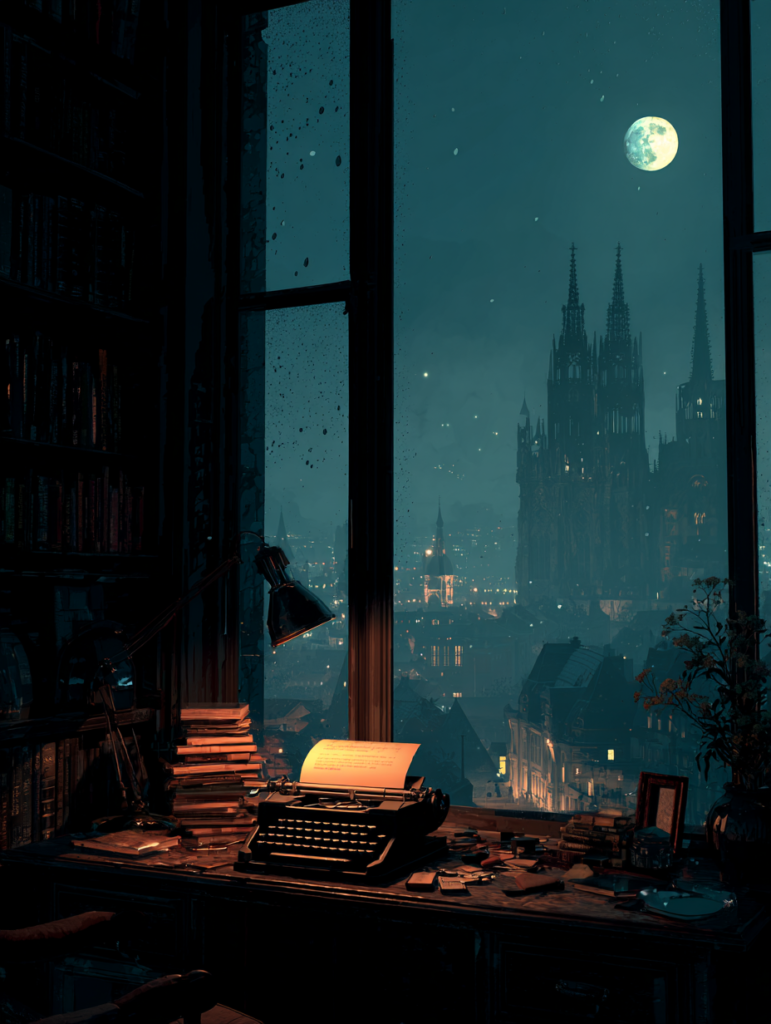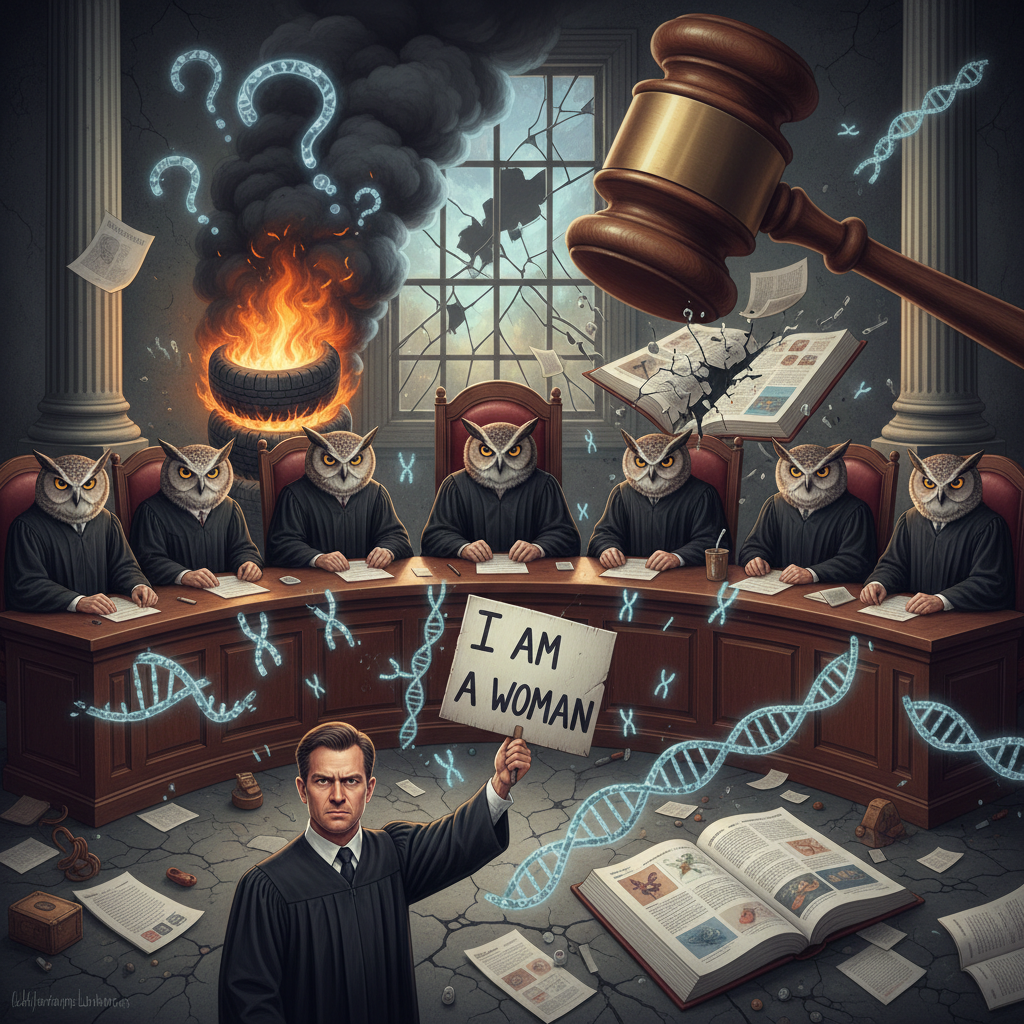California on the Brink: A Symphony of Self-Inflicted Wounds
It’s a strange and beautiful kind of damnation out here, dear reader, watching an empire of golden dreams and sun-bleached asphalt methodically, almost artistically, disembowel itself. California, the great shimmering mirage on the western edge of the continent, is not so much collapsing as it is performing a spectacular act of public suicide, funded, it seems, by an infinite supply of pilfered cash and weaponized apathy. And the best part, the truly chef’s-kiss-perfect part, is that nobody seems to give a flying fuck.
Let’s just, for a moment, peel back the veneer of organic kale markets and performative outrage to gaze upon the writhing, maggot-infested carcass of the state’s finances. It’s a real Bosch painting of bureaucratic depravity. Take Los Angeles County, a place where the sun shines bright on a truly breathtaking hospice care fraud scheme. We’re talking billions – with a ‘B’ – siphoned off by ghouls who bill the state for comforting the terminally ill, who, upon closer inspection, are not only not dying but are often blissfully unaware they’ve been enrolled in their own final act. It’s a perfect, closed-loop system of grift: exploit the dying, bill the taxpayer, and cash the check before the Reaper can even sharpen his scythe.
But why stop at the nearly-dead when you can monetize the illegals? The sheer scale of the Medi-Cal fraud is a thing of grotesque beauty. Billions more vanish into the gaping maw of healthcare for those who shouldn’t even be in the fucking system. It’s a humanitarian shell game where the only sure bet is that the house – a shadowy network of phantom clinics and complicit paper-pushers – always wins. This state bleeds money, and anyone who dares to point it out gets branded with some scarlet letter of xenophobia.
Oh, but we’re barely scratching the surface, dear reader. Let’s talk about the goddamn homeless, the state’s official mascot of compassion. Billions upon billions have been shoveled into a black hole of nonprofits and initiatives with all the accountability of a three-card monte dealer in a back alley. The number of people living on the streets only goes up, yet the river of money flows unabated. Where does it go? Does it evaporate into the smog? Is it used to build tiny homes out of pure, uncut virtue? Who the fuck knows? The people in charge sure as hell don’t know, or, more accurately, don’t want you to know.
And then there’s the high-speed rail. This stupid, non-existent train. A pharaonic monument to ineptitude. A multi-billion dollar fever dream of connecting L.A. to San Francisco in a futuristic blur, which has so far produced exactly zero miles…hell, zero feet of functional track between those two points. It’s the ultimate metaphor for the modern Californian condition: a promise of sleek, efficient progress that is, in reality, a colossal, money-burning hold in the ground in the middle of nowhere. It’s a project so profoundly stupid, so audaciously wasteful, that you almost have to admire the sheer balls it took even to propose it.
And let us not forget, fed-up reader, the pièce de résisitance, the unemployment fraud during the unemployment fraud during the “pandemic.” A cool thirty-plus billion dollars – a sum that could fund a small nation – casually handed out to international crime syndicates and prison inmates. The state’s Employment Development Department, a name so Orwellian it’s almost poetic, basically left the vault door open with a “help yourself” sign taped to it.
The cumulative effect is a state budget that resembles the aftermath of a cartel war. A fiscal bloodbath. And the citizens? The tanned, smiling, idiotic, Prius-driving masses? They wander through the wreckage like placid livestock, their faces illuminated by the glow of their phones, their brows furrowed not by the wholesale looting of their future, but by the existential dread that the Bad Orange Man or some other far-off boogeyman in D.C. might cute the federal allowance that props up this whole pathetic charade.
It is my sincere hope that this entire beshitted state gets DOGEd out of existence and immediately forgotten about.
You can almost hear the collective whine: “But who will pay for our subsidized incompetence if Washington turns off the spigot?” It’s a level of cognitive dissonance so profound, so complete, that it ceases to be merely pathetic and ascends to the level of high art. They stand in the burning ruins of their own house, complaining about the price of fire extinguishers. It’s a glorious, moronic spectacle, and from this vantage point, all you can do is pour another whiskey, light a cigarette, and watch the whole corrupt, fucked-up experiment burn.
N.P.: “Destroyer” – The Birthday Massacre




